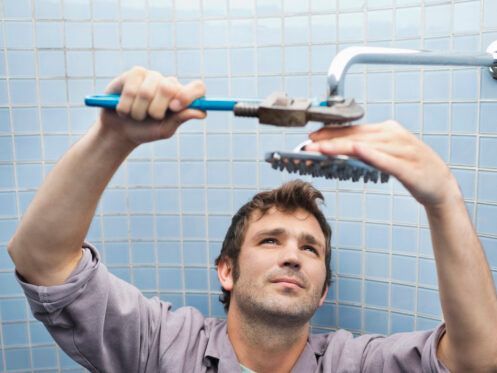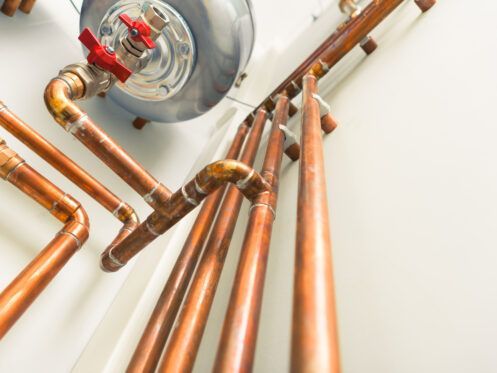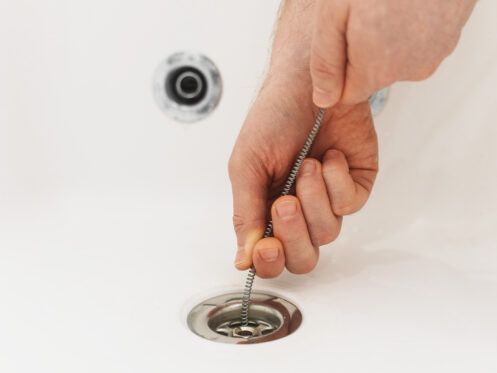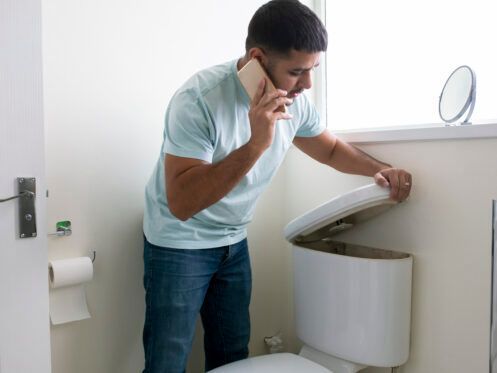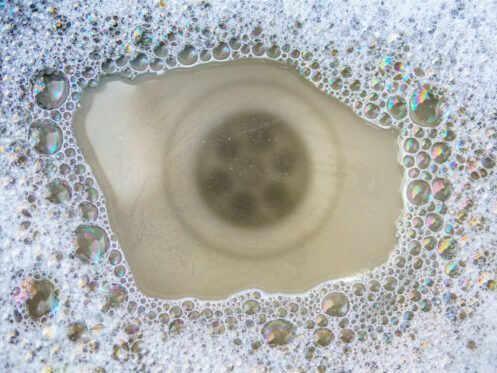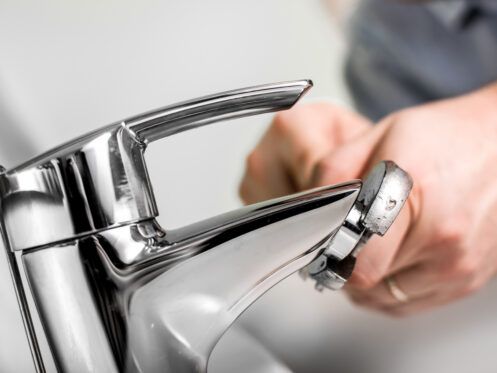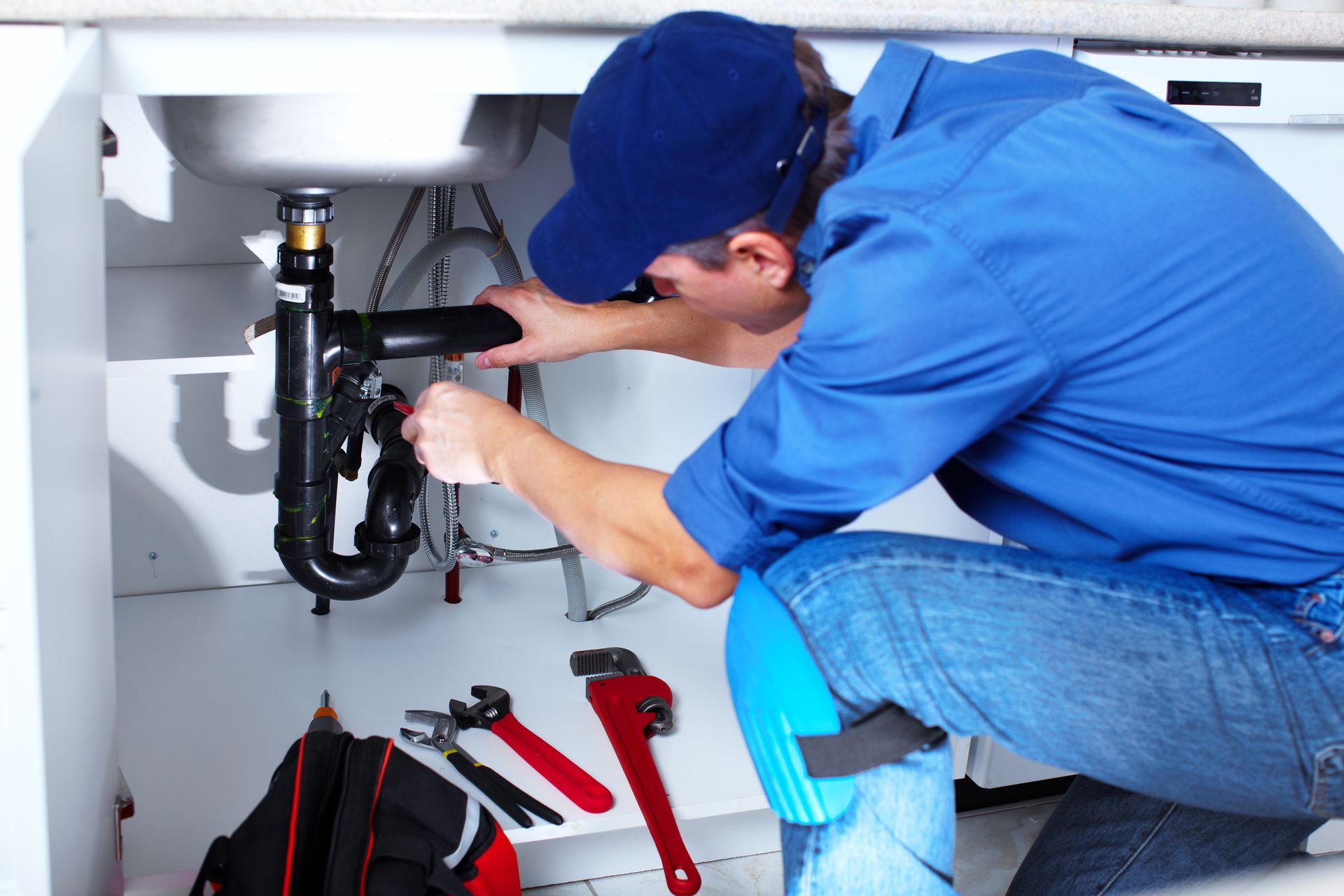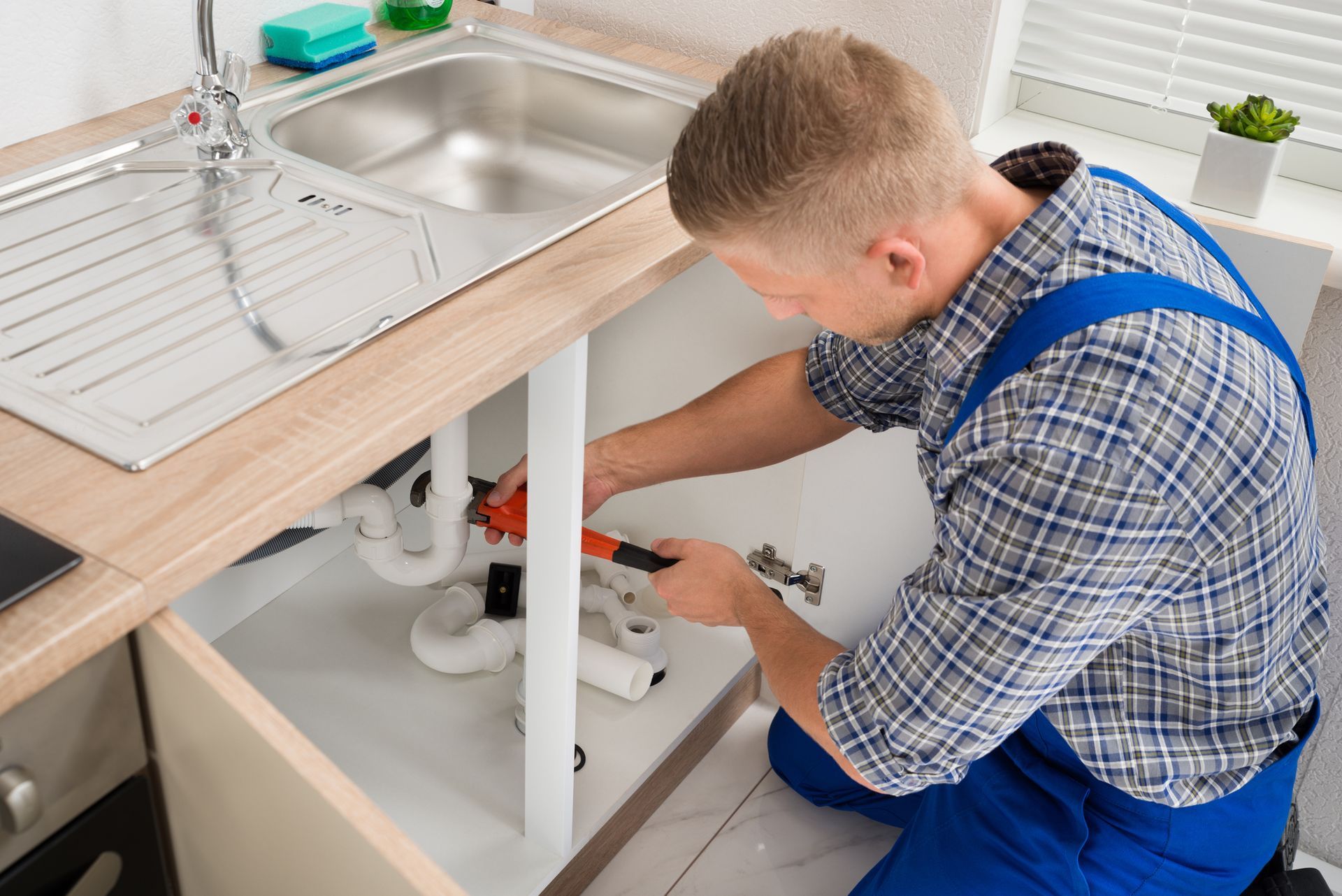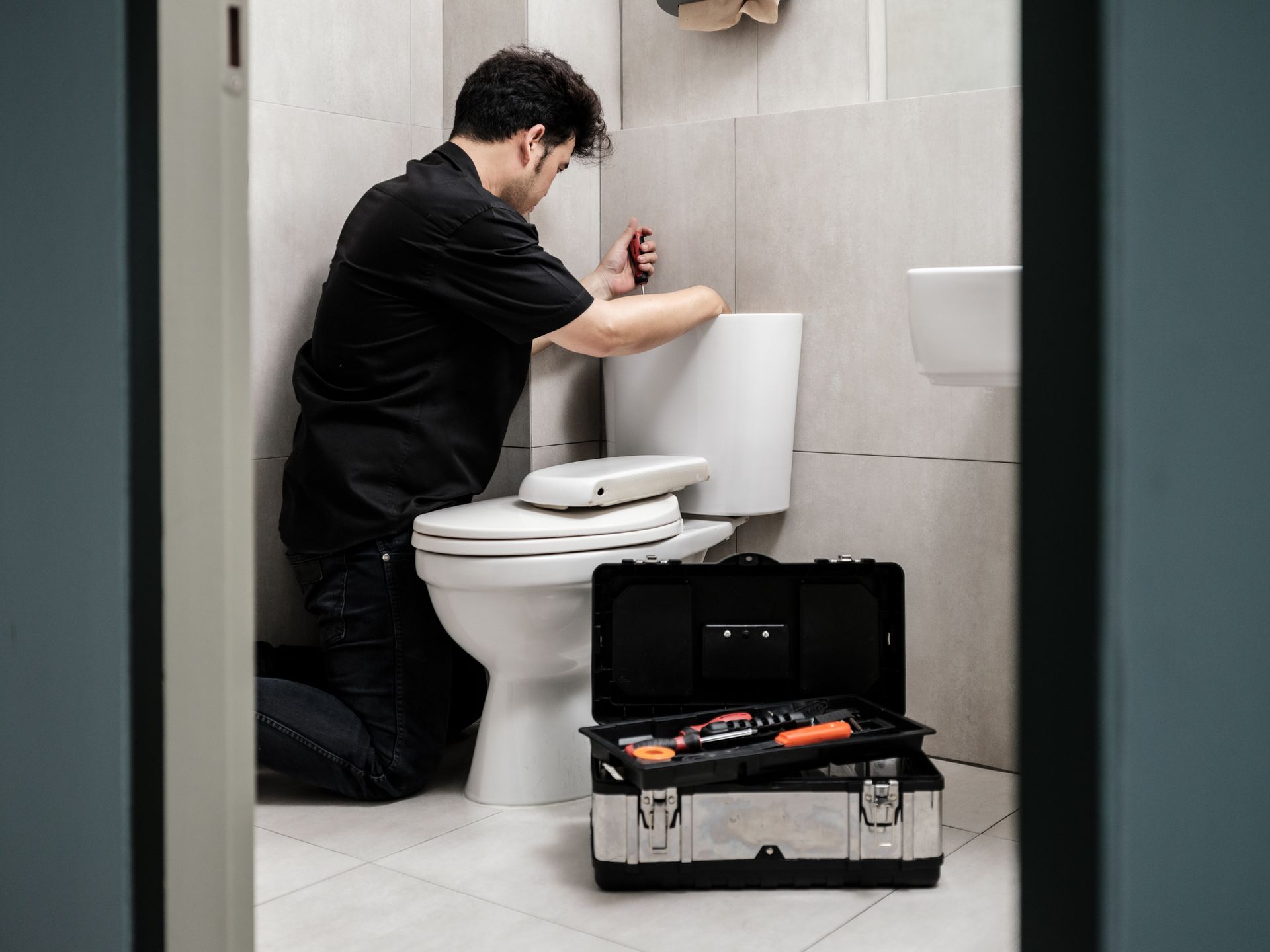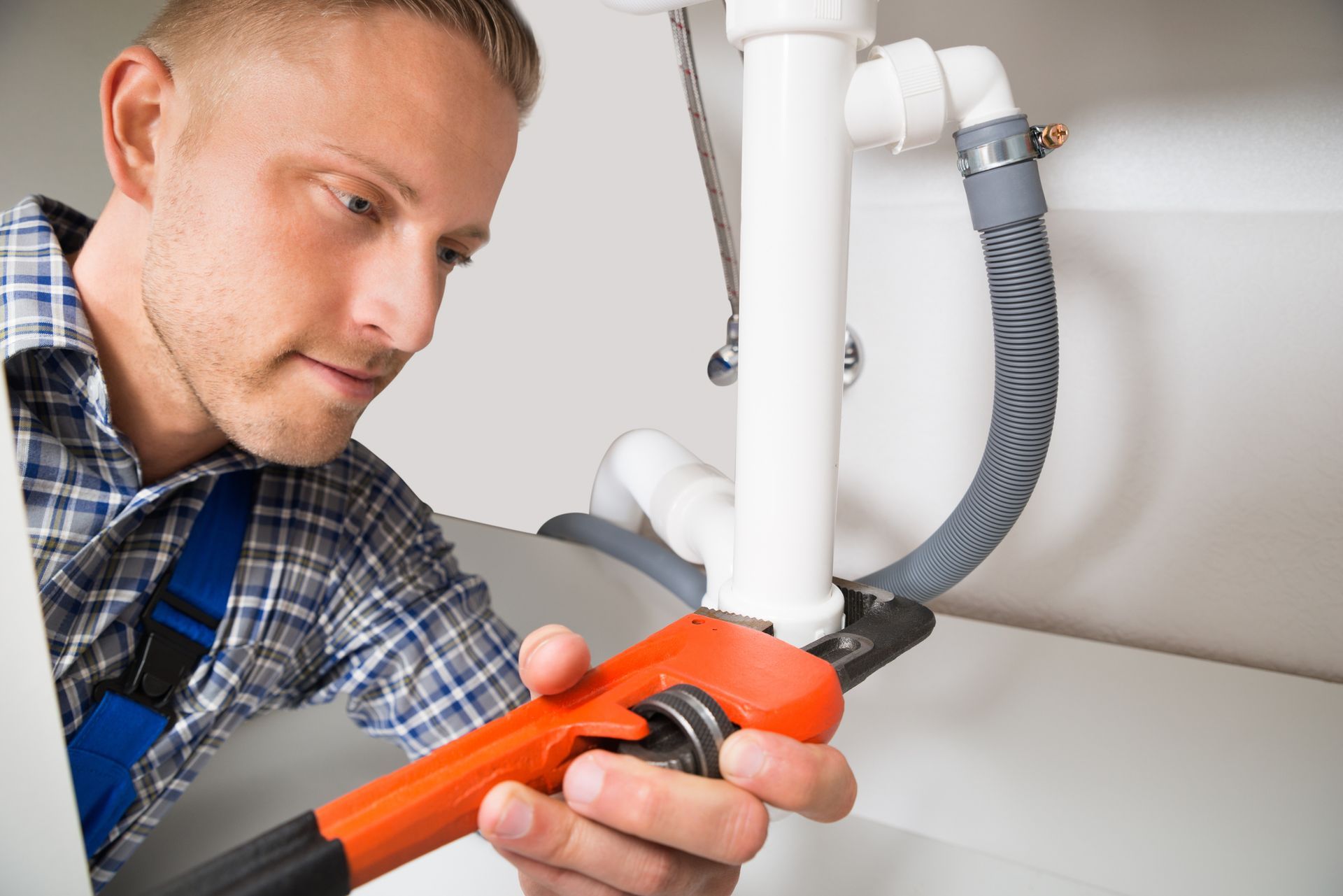Is It Worth Getting A Tankless Water Heater?
Upgrading to a tankless water heater is one of the hottest trends in home improvement. While on-demand water heaters have been around for decades, the latest models are more affordable and efficient than ever. There is great potential for long-term savings. There are also some significant upfront costs and other challenges to consider. Let’s explore everything you need to know to determine whether a tankless water heater is worth it for your home.
Power and Fuel Considerations
A fundamental choice you need to make for your new water heater is electric or fuel. Electric water heaters are less expensive to buy and install. Fuel-burning tank water heaters are less expensive over the life of the equipment. This is also generally true with on-demand systems, but there are exceptions. If you have low hot water demands, an electric tankless water heater can actually be cheaper in the long term.
For fuel choice, there aren’t major differences. Natural gas is the most cost-effective option, but your home needs access to a natural gas line. If you lack that access, you’ll need to store either heating oil or propane in a tank. Which will be cheaper depending on your area.
Many fuel-burning water heaters on the market draw electricity. They do this to power their control boards and the like. Fuel-burning tankless water heaters also draw power from their ignition systems. This isn’t the case with fuel-burning tank water heaters. It’s important to be aware of this in the discussion about conversion costs.
Conversion Costs
The additional installation costs can be considerable when you convert from a traditional to a tankless water heater. These are generally one-time costs you won’t deal with when you install your next water heater. You’ll also recoup this investment likely during the lifespan of the first system. These added costs can be a budgetary deal-breaker for many consumers.
Homeowners with older homes will shoulder the biggest conversion costs. If you have an electrical panel that’s multiple decades old, you’ll likely have to upgrade to at least a 240-volt panel. Both older and newer homes may need integrated surge protection to be up to code. While it isn’t a legal requirement, electricians highly recommend it. Many homes will also need a dedicated circuit for the water heater.
Another consideration is water hardness. While hard water is a concern for tank water heaters, it’s particularly damaging to tankless systems. Even with moderate water hardness, many plumbers will recommend an anti-scale device to achieve a long water heater lifespan.
Equipment Costs
Even if you don’t have any conversion costs, a tankless water heater will cost more upfront. With a tankless system, you can expect the equipment costs to be between 30% and 50% higher. Homeowners can also expect increased labor costs because the installation is more complex.
Equipment lifespan is a big factor here as well. The average tank water heater lasts about a decade. You’ve done well if you get 15 years out of a traditional unit. Manufacturers expect their tankless systems to last at least 15 years. With regular maintenance and anti-scale protection, getting 25 or even 30 years out of an on-demand system is not unusual. Another factor is that tankless systems age more gracefully and tend to remain more energy-efficient well into their older years.
Warranty coverage is usually longer and more robust with tankless systems. Six-year warranties are typical for tank water heaters. For these water heaters, 12-year warranties are more common. In both cases, extended warranty coverage is an option. Extended coverage usually tops at 12 or 15 years for tank systems. There are warranties for tankless systems that provide coverage for up to 25 years.
Operating Costs
The longer lifespan isn’t the only factor that makes a tankless water heater a good investment. Another is the cheaper operating costs. Tank water heaters are inherently inefficient. They need to keep consuming energy to keep the water heated so that it’s there where you need it. This isn’t the case with a tankless water heater. It only consumes energy when you’re actually using hot water.
How much you’ll save monthly depends on how much hot water you use. The average American household uses around 40 gallons of hot water a day. At 41 gallons or less, the Department of Energy (DOE) estimates you’ll reduce energy consumption by 24% to 34%. Efficiency will decrease as you move beyond 41 gallons a day. Still, a household that uses 86 gallons a day, which is a lot, can expect energy savings of between 8% and 14%.
The DOE estimates that the typical household will save at least $100 annually. It also expects a tankless system to last at least 20 years. Based on that, you can expect to save at least $2,000 over the life of the equipment. Real-world savings will often be even higher. The DOE also notes that the relative ease of repairing tankless systems results in lower maintenance and repair costs.
Advantages of an On-Demand Water Heater
If you correctly size a tankless water heater, you’ll have access to a virtually limitless hot water supply. Even if you stress the system, you’ll probably experience low hot water pressure rather than run out. With a tank water heater, when you’re out, you’re out. You have to wait for the water to heat back up.
Another compelling advantage of tankless systems is being able to cost-effectively size the system for high demand. Your household may only need 5 gallons per minute (GPM). You could opt for 7 GPM when you host parties or have family over for the holidays. It would cost a bit more upfront but not month to month. You’d pay more daily for that added capacity with a tank water heater.
Disadvantages of an On-Demand Water Heater
Two potential disadvantages of tankless water heaters are a longer hot water delay and the cold sandwich effect. The delay is how long it takes you to get hot water from a faucet. The cold sandwich effect is when a burst of cold water disrupts the stream of hot water. Either a recirculation pump or a small storage tank solves both issues. Those features may be an additional cost, but they’re becoming more prevalent, and the added cost is falling.
Tax Credits and Rebates
Homeowners considering a new water heater should explore the credits and rebates listed on the ENERGY STAR website by zip code. A federal tax credit for fuel-burning water heaters applies to both tankless and tank systems. There are also rebates available through local utility companies. You can claim a local rebate in addition to the federal tax credit. Also, rebates tend to be higher for tankless systems than traditional water heaters because of the energy savings.
Are You Ready to Install a Tankless Water Heater?
In & Out Plumbing & Construction is a trusted residential plumbing contractor serving San Francisco and the Bay Area. Our plumbers install tankless and traditional tank water heaters and heat pump water heaters. Our company remodels bathrooms and kitchens. We pipe and repipe water, gas, and sewer lines. Our team specializes in leak detection, camera inspections, drain cleaning, and trenchless sewer line repair and replacement. Call today or contact us online with questions or to schedule a plumbing appointment.
The post Is It Worth Getting A Tankless Water Heater? appeared first on In & Out Plumbing & Construction.
